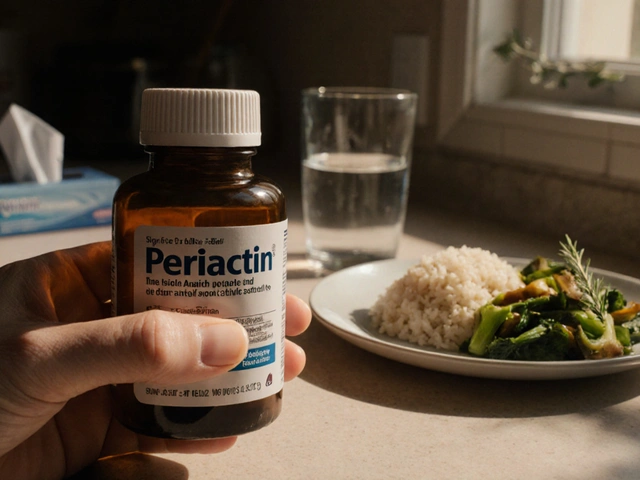Hormone Replacement Therapy: What It Is and How It Can Help You
If you’ve heard the term hormone replacement therapy, or HRT, you probably wonder if it’s right for you. In simple words, HRT means giving your body the hormones it’s missing or not making enough of. Most people think of HRT for menopause, but it also helps men with low testosterone and even some younger adults with hormonal imbalances.
Why does this matter? Hormones control everything from mood and energy to bone strength and heart health. When levels drop, you might feel hot flashes, sleep problems, low libido, or notice thinning hair. HRT can smooth out those bumps, but it’s not a one‑size‑fits‑all solution.
Common Types of HRT and How They Work
There are three main ways doctors deliver hormones:
- Oral pills – easy to take, but the liver processes them, which can affect how much reaches your bloodstream.
- Skin patches or gels – give a steady dose through the skin, often preferred for steady hormone levels.
- Injections – a quick boost, useful for testosterone therapy in men or certain estrogen formulas.
For women, estrogen alone or combined with progesterone is typical. Men usually get testosterone, either as gels, patches, or injections. The exact mix depends on your symptoms, health history, and personal preference.
Balancing Benefits and Risks
HRT can bring big wins: fewer hot flashes, better sleep, stronger bones, and improved mood. Some studies even show a lower risk of osteoporosis fractures when estrogen is used correctly.
But there are risks, too. Hormone therapy can raise the chance of blood clots, affect cholesterol, and, for some, increase the risk of certain cancers. That’s why a thorough check‑up and solid conversation with your doctor are essential before starting any regimen.
Ask your doctor about your family history, current medications, and any past health issues. Blood tests can confirm hormone levels and help pinpoint the right dose. Adjustments are common, so don’t be surprised if the first prescription isn’t a perfect fit.
Cost can be a concern, especially if you need monthly patches or regular injections. Our site offers practical guides on buying generic medicines safely online, which can lower out‑of‑pocket expenses for the hormone pills or supporting drugs you might need.
Finally, lifestyle matters. Regular exercise, a balanced diet rich in calcium and vitamin D, and quitting smoking can boost HRT’s effectiveness and protect against side effects.
In short, hormone replacement therapy can be a useful tool when you’re experiencing hormone‑related symptoms. The key is personalized care: get tested, talk openly with your health provider, and stay informed about both the benefits and the risks. If you’re looking for ways to keep costs down, explore our step‑by‑step guides on buying affordable generic medications online—whether it’s for HRT support or other prescriptions you may need.

Menopause Hair Loss: Causes, Treatments & Solutions
Explore why menopause triggers hair loss, the hormonal and nutritional factors involved, and proven treatments to restore fuller hair.




